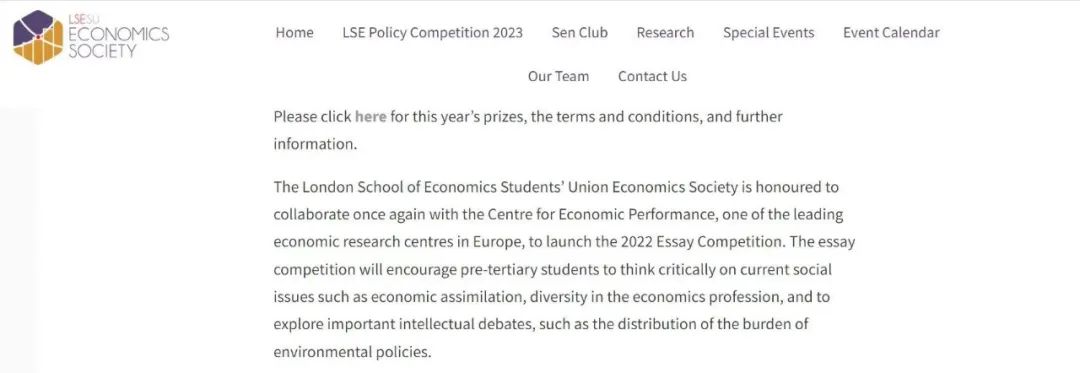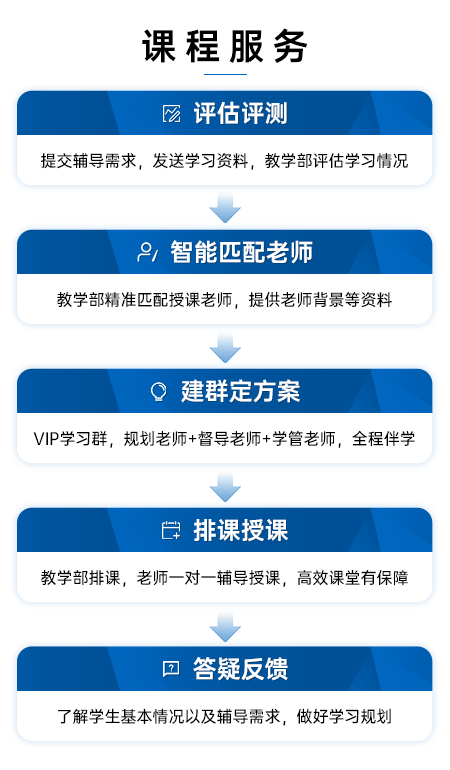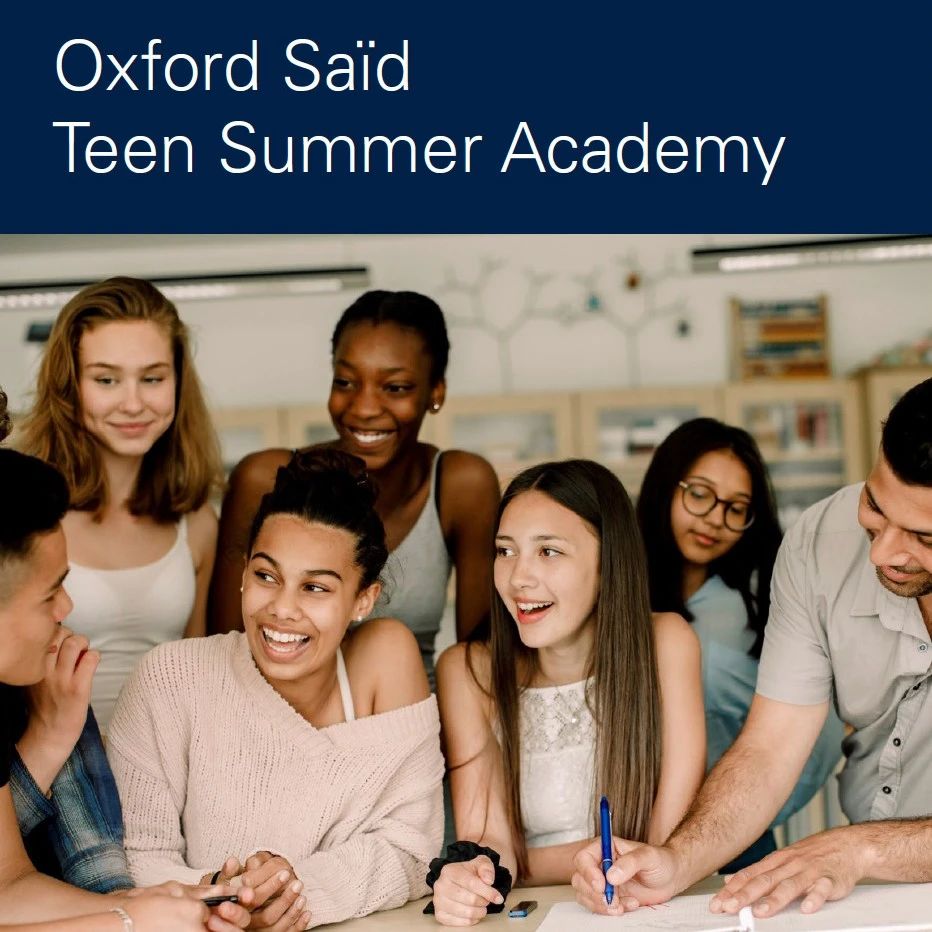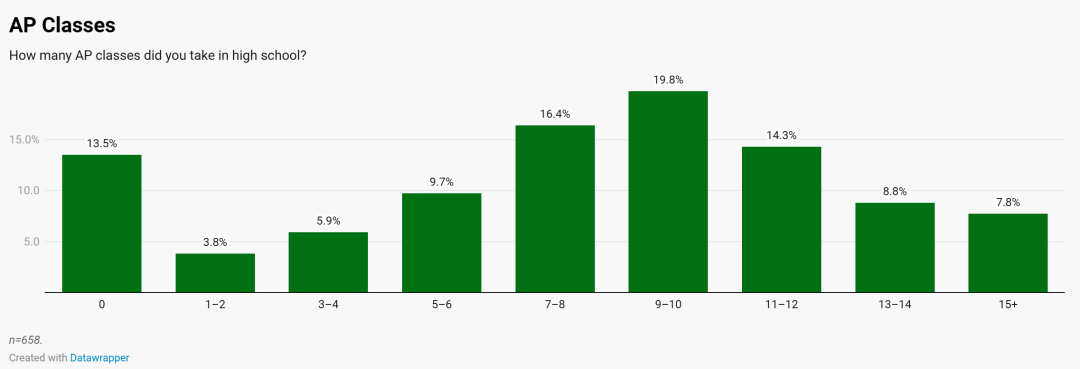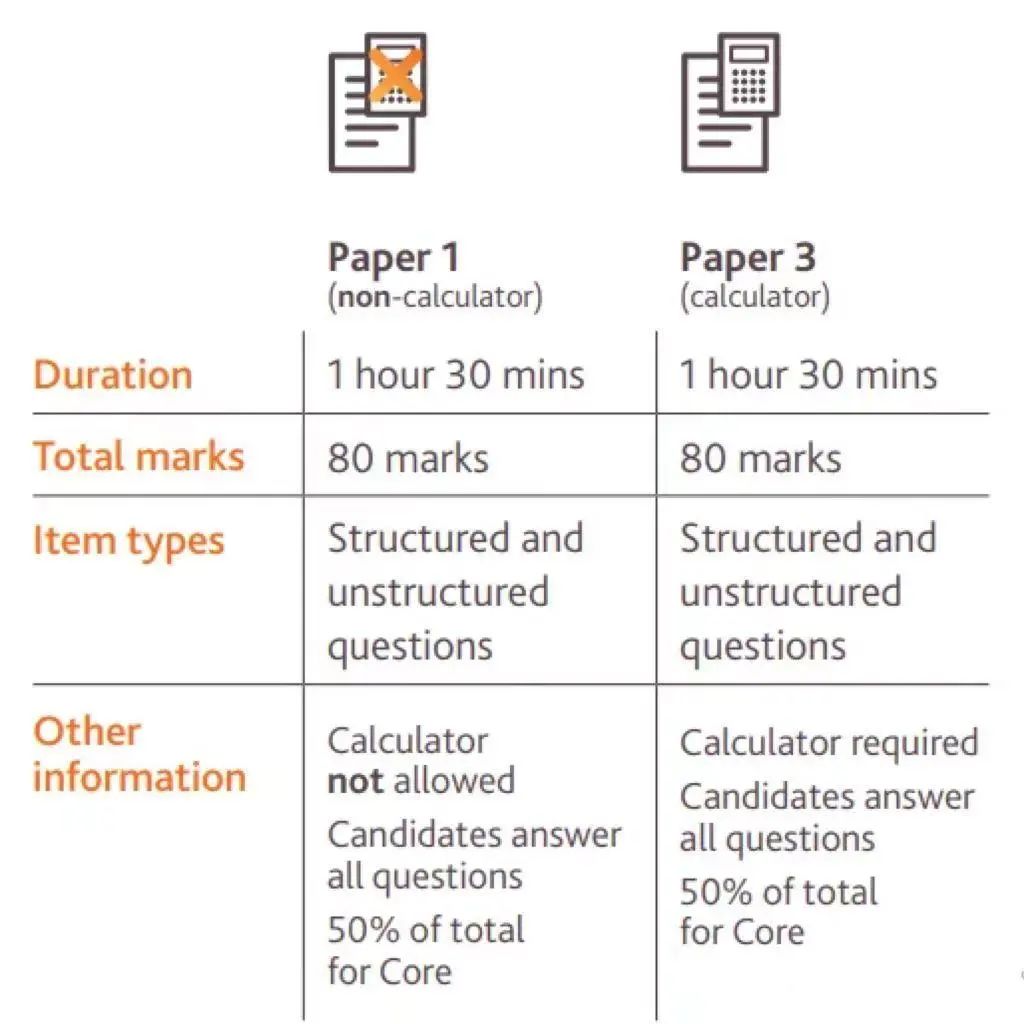这里的绝对阅读能力的意思就是不是为了准备某个阅读考试,而是一个人在各个场景体现出来的英文阅读能力。
我们一般有个观念是英语为母语者习得英语这个语言的时候是没有记忆单词这个过程的,那么一个孩子成长的过程中到底是怎么开始阅读的呢?
在美国的阅读教育里有一个有争议的方式,是由目前哥大Teachers College 的一位教授 Lucy Calkins 提出来的,叫做 “balanced literacy”, 这个方法比较大的一个特点是觉得每个人都是天生有阅读能力的,另外阅读的时候,了解故事比单词的发音更为重要。
The focus wasmore on stories — theme, character, plot — less on sounding out words....
Her curriculum, “Units of Study,” is built on a vision ofchildren as natural readers...
但这两个立场,基本上都被研究否定掉了。
也就是说,
1. 人的阅读能力不是自然有的(人的说话能力是天生就有的)
While learning to speak is innate—an infant regularly exposed to language will learn to speak it—reading is not.
关于这个结论的简单解释是,人的视觉系统先天的功能不是认识文字(这个好理解,文字也都是人类后期创造出来的符号),而是识别脸部表情。所以如果要让这个视觉系统有能力去认识文字,进而形成阅读能力,就需要刻意的去培养下。
...reading requires a rewiring of thebrain, which is primed by evolution to recognize faces, not words.
2. 了解单词的发音对于提高阅读能力很重要。
.... they cite a half-century of research that showsphonics — sound it out exercises that are purposefully sequenced — is the most effective way to teach reading, along with books that build vocabulary and depth.
关于单词声音的重要性,其实大家可以关注下自己阅读时候的大脑操作,不管是阅读什么文字,我们的大脑内在的都是在“发出声音”的,哪怕在我们默读的时候。
上面这些反驳Lucy Calkins 教授的观点主要来自于“science of reading”, 这个相对目前比较受教育界和家长们认同的阅读训练理论。
scienece of reading 的核心立场当然不仅仅是单词的发音。这一理论认为人的阅读能力的培养主要是5个方面的能力提高:phonemic awareness, phonics, fluency, vocabulary, and comprehension.
具体来说
- Phonemic awarenessis an understanding of phonemes, or the smallest units of spoken language which combine to create syllables and words. Phonemic awareness is the ability to isolate, identify, focus on, and manipulate sounds in spoken words.
- Phonicsis the relationship between letters and sounds in written language. A student who is strong in phonics is able to sound out and spell different words.
- Fluencyis the ability to read quickly and accurately, and comes about when the reader has mastered enough decoding skills to focus on the meaning of the text.
- Vocabularyis the amount of words with which the reader is familiar. The larger a student’s vocabulary is, the easier it is for them to derive meaning from the text.
- Comprehensionis the ultimate goal of literacy. It is the reader’s ability to understand and make sense of written text.
上面几个项目里面的前两个和词的声音有关,第三个流畅度一定程度上需要背景知识的加持(背景知识可以算其中一个decoding skill),第四个说明单词量还是要有的。但我们今天讨论的并不是单词重不重要,而是提高阅读的第一步要不要从记忆单词开始?
在上面的内容里面我们看到这么一句话
phonics ... is the most effective way to teach reading,along withbooks that build vocabulary and depth.
注意到 along with 后面的部分,也就是说哪怕是母语提高阅读的过程中,也是会接触一些vocabulary building 的书的,就是类似下面这种的单词记忆的书(下图是Merriam-Webster’s Vocabulary Builder 内页截图)
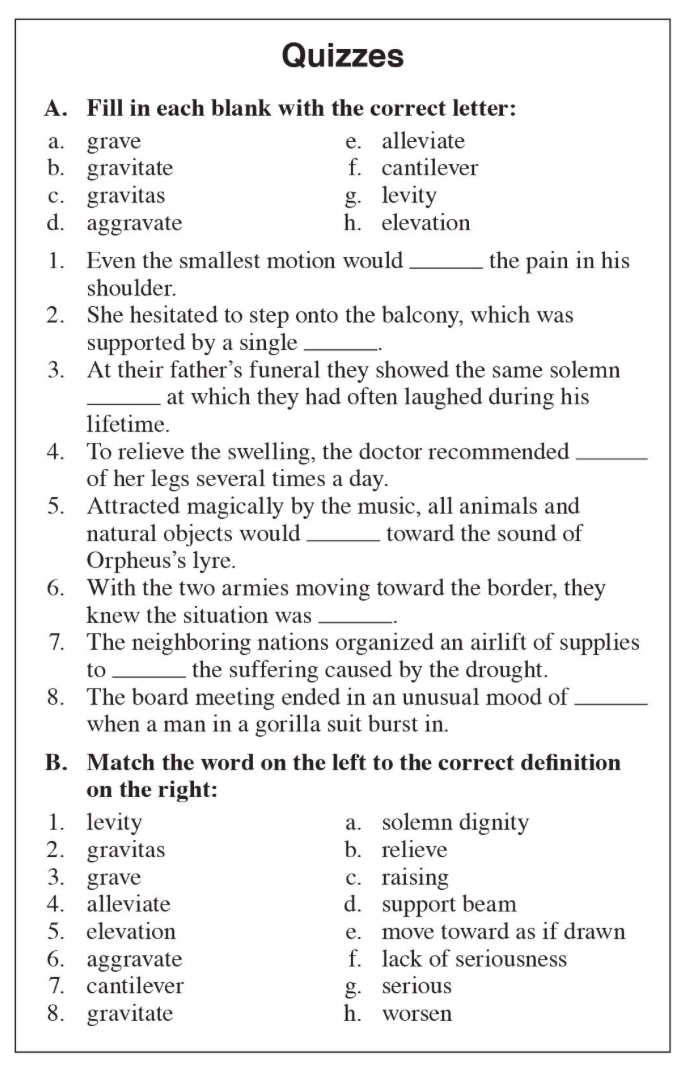
其实我们语文的学习里面也有类似的词汇学习内容,尽管掌握中文要的词汇会比英文少很多。
总结一下:
词汇还是提高阅读能力很重要的一个组成部分。从顺序安排来说,如果具备一定的基础词汇,可以从简单的文本开始阅读,同时保持单词积累。但如果目前读文本都比较有挑战的话,可以积累下单词先。只是积累单词的时候不要忘记了同时积累下单词的声音。
另外一些提高阅读能力普遍认同的方式:
It’s also noteworthy that lots of other interventions help and aren’t controversial:tutoring, access to books, and coaching parents on reading to children.





